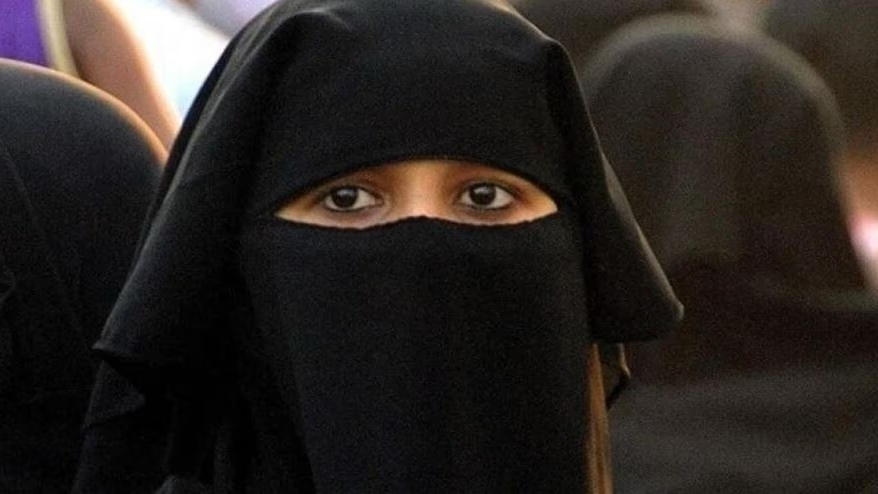The Telangana High Court has issued a significant verdict concerning the rights of Muslim women. The court stated that if a Muslim woman seeks to divorce her husband via 'Khula', she does not require his consent or approval. A woman's right to 'Khula' is full and independent.
Justices Mousumi Bhattacharya and B.R. Madhusudan Rao's division bench concluded that a wife could unilaterally dissolve her marriage through 'Khula' and should not require a 'Khulanama' from a Mufti or Dar-ul-Qaza, whose role is purely advisory.
The High Court emphasized that the court's sole function is to provide a judicial stamp on the dissolution of marriage, which becomes binding for both parties. The Family Court's role is to ensure that the request for 'Khula' is legitimate, that attempts at reconciliation, if any, are considered, and that any offer by the woman to return the 'Mehr' (dower) is documented. The court stressed that this process should be concise and not involve extensive hearings.
Read also - More controversy over triple talaq... An NRI husband issued a divorce via WhatsApp in Lucknow, victim says in-laws tortured her for dowry
Background of the Case
This decision arose from an appeal by a Muslim man whose wife obtained 'Khula' through an NGO 'Sada-e-Haq Sharaai Council'. The husband challenged this divorce in Family Court, but his petition was dismissed. The High Court upheld the Family Court's decision.
Read also -
Gave Triple Talaq to the wife after assault, FIR lodged by Delhi Police
Reference to the Quran
Citing verses 228 and 229 of Chapter-II of the Quran, the court stated that Islamic law grants a wife the full right to dissolve the marriage, and the husband's consent is not a prerequisite for the validity of 'Khula'. The court pointed out that Islamic texts do not stipulate the necessity of the husband's agreement for 'Khula' to take place.




